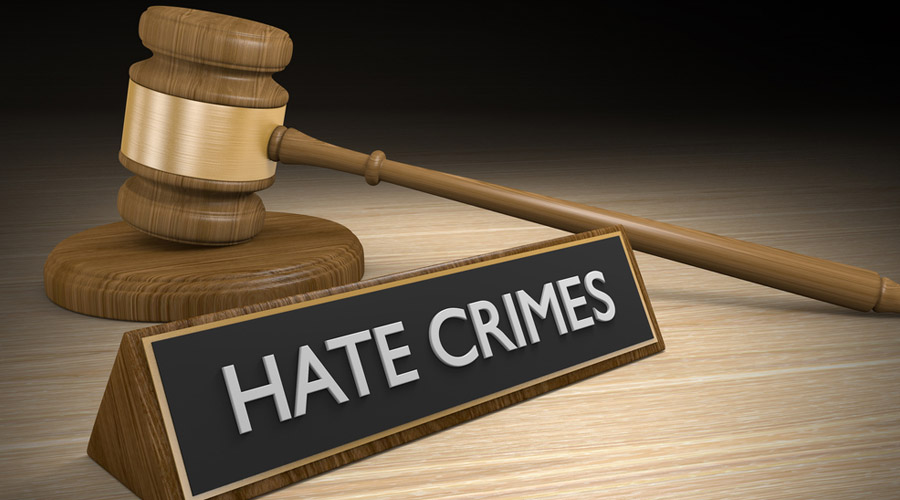Compensation for the victims of hate crimes, or for their families, is the government’s responsibility. The Supreme Court, in response to petitions against hate crimes and mob vigilantism in July 2018, had reportedly instructed governments to formulate a compensation scheme for victims of lynching and mob violence within six months of the date of the judgment. That this did not happen was demonstrated by a recent plea in the court for uniform compensation for all victims of hate crimes. The public interest petition, brought by a civil society group, claimed that compensation differed according to the scale of media coverage, political necessity and, most important, the victim’s religion. It referred to the huge compensation paid to victims of certain religions while a ‘woefully inadequate’ payment is made to members of the minority community. The petitioner asked for uniformity apart from fair and reasonable monetary compensation for losses incurred. The PIL exposed the failure of the Centre, state governments and Union Territories to uphold the principles of equality and fairness on which a democracy rests; their abdication of responsibility becomes all the more telling since the Supreme Court gave directions in 2018 about the way compensation should be linked to the physical and psychological hurt and loss of earnings.
That context is another revelation of the predilection for religious discrimination overtaking the country, sabotaging the dream of secularism, equality, freedom and fraternity. There is a sinister irony in the fact that uniformity of compensation is being sought for the victims of hate crimes, against which the Supreme Court has repeatedly taken a strong stand. But why should that be needed? Hate crimes and speeches, mob vigilantism and lynching should be punished by governments with no exception made on the basis of victims’ identities or those of the perpetrators. But governments under which convicts of lynching are garlanded by a Union minister, as happened in July 2018 too, are not only indulgent towards hate crimes against members of particular groups but also view the criminals as heroes of some kind. Thus the discrimination — and injustice — is doubled: first in the crime itself and then in the inequality of compensation. To preserve the secular democratic fabric of the country, equal punishment for hate crimes is at least as urgent as the uniformity and reasonableness of compensation.










